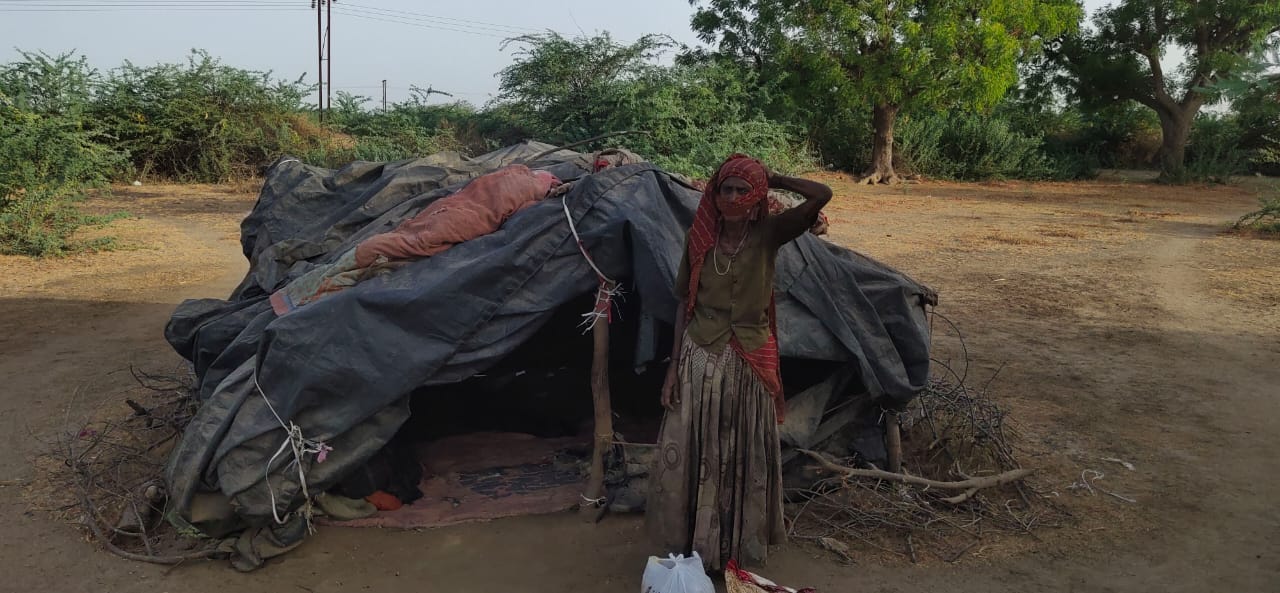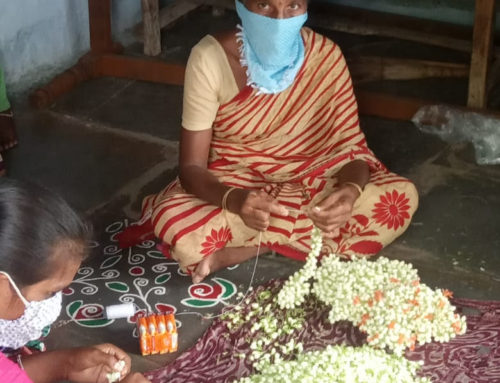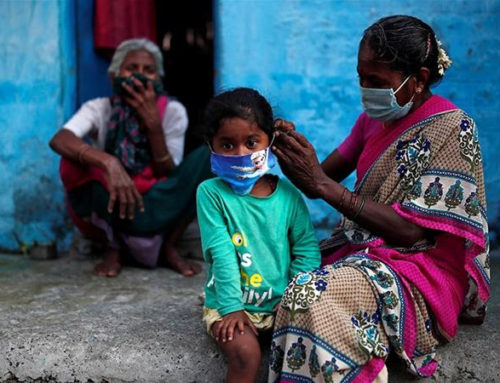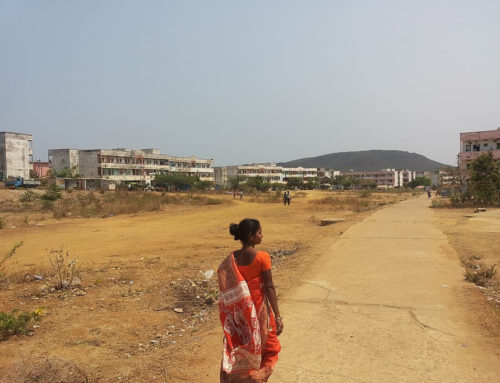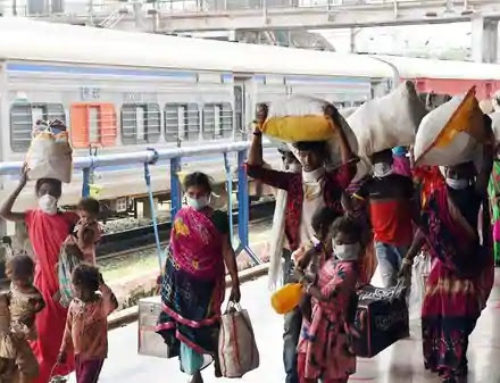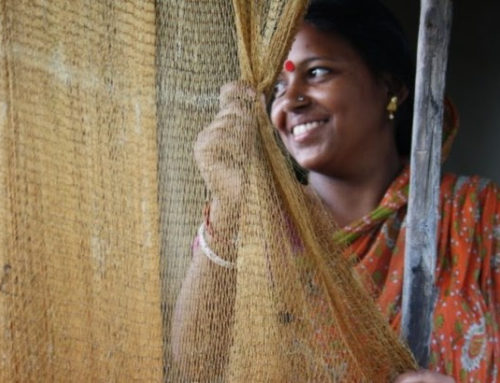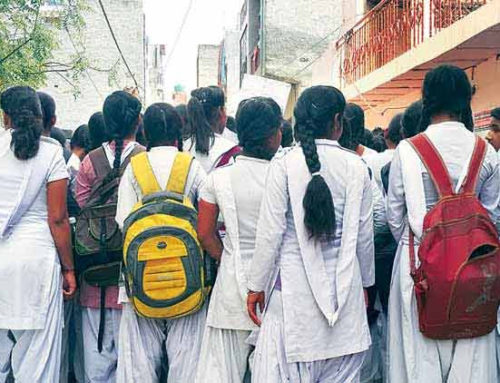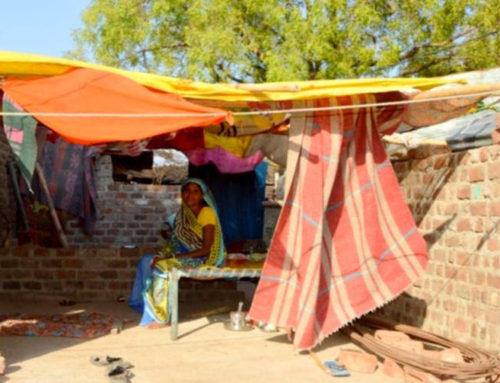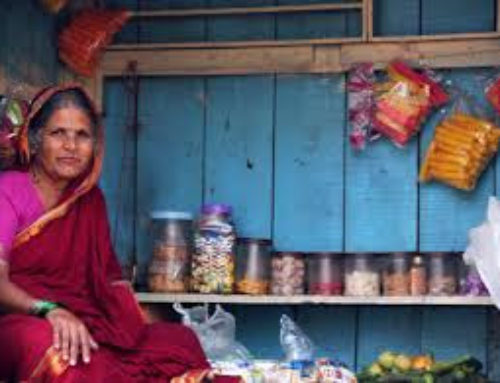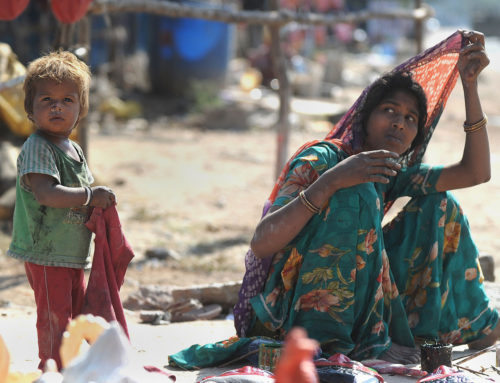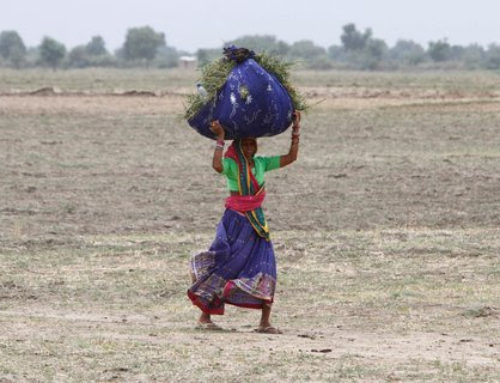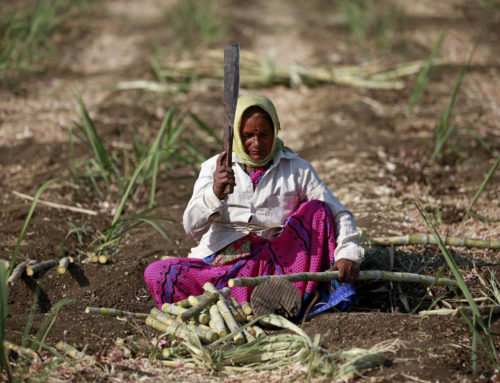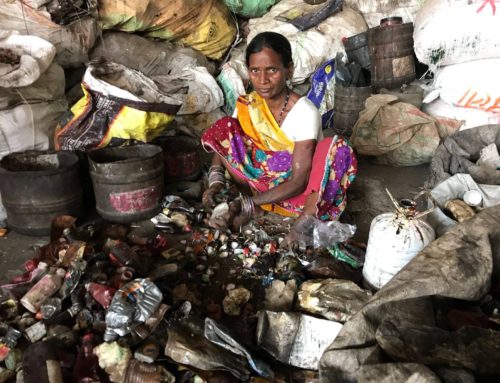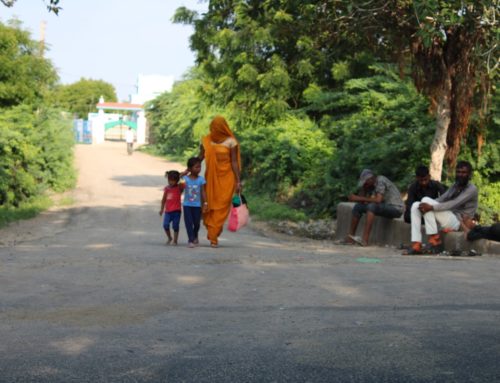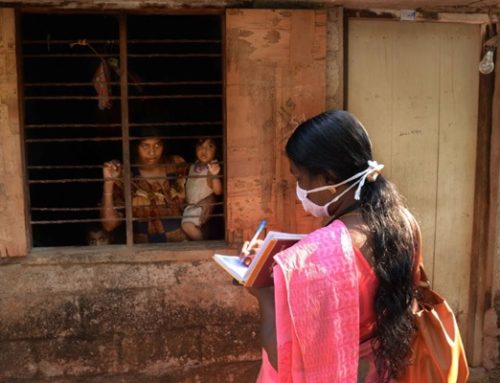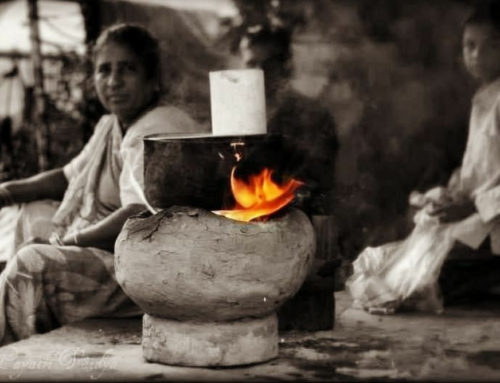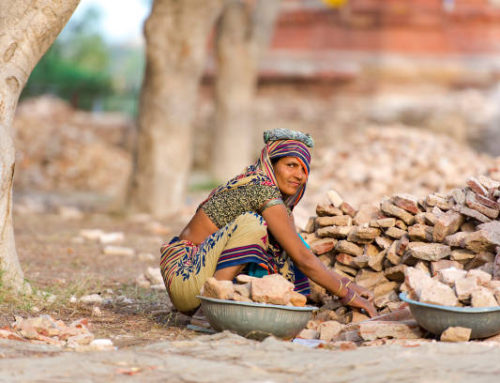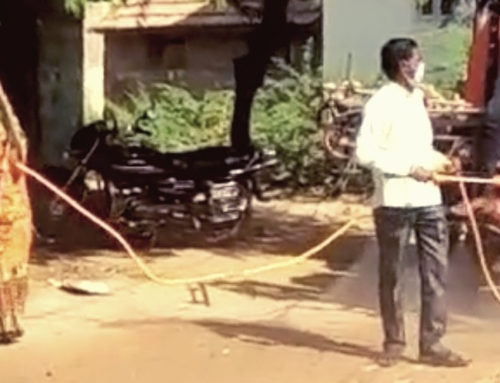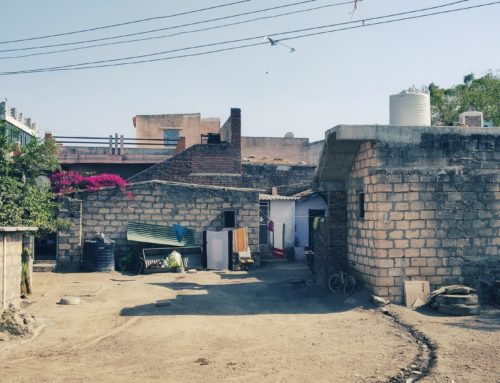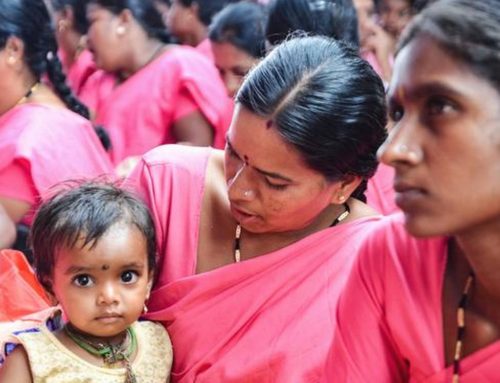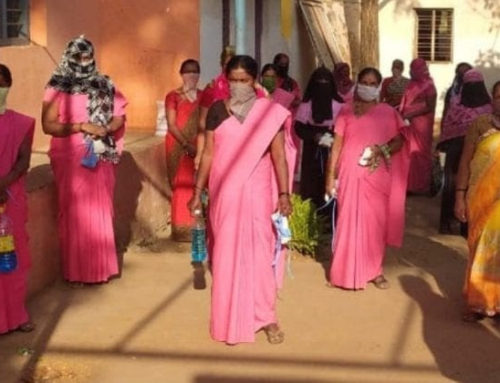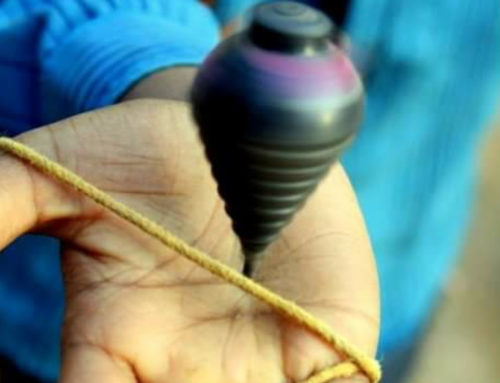Pavitra, got married at a young age. She is now 30; already 12 years into her marriage and has an 11 year old son. From a village in rural Gujarat, Pavitra has faced physical and verbal abuse at the hands of her husband almost her entire married life. Eleven months ago, Pavitra gathered the courage to move out of her husband’s house. She’s been living in her maternal house ever since, picking up odd jobs around the village to provide for herself and her growing son.
Lockdown couldn’t have come at a worse time for Pavitra. Just as she was beginning to find a rhythm in her life and trying to build herself up, she is now faced with newer set of problems. Since she hadn’t got around to changing her ration card yet, since the time she moved out of her husband’s house, initially procuring ration was difficult for her. Her troubles haven’t waned though; with no work, Pavitra had been facing tremendous amount of rejection. Since she is not able to bring money home, her sister-in-law taunts her for being a freeloader and accuses her for the failure of her marriage.
The emotional abuse is so high at the moment that according to Pavitra, it is better to experience physical abuse by her husband than to be constantly made to feel guilty at her parent’s house. Staying at her maternal house during lockdown has been a harrowing experience for Pavitra.
She lost her sense of self, her freedom and now her feeling of belongingness, all to an abusive relationship. And to think this is a story more common than we can imagine!
Case study reported by: SWATI Team
Location: Gujarat

